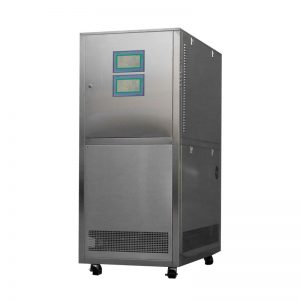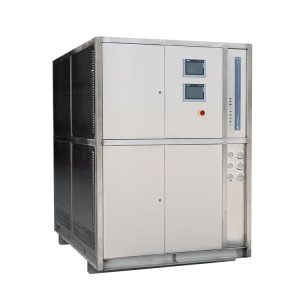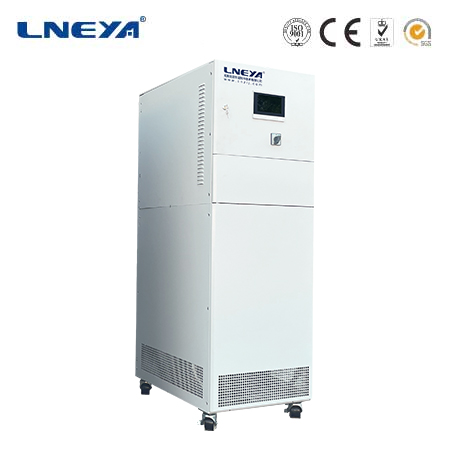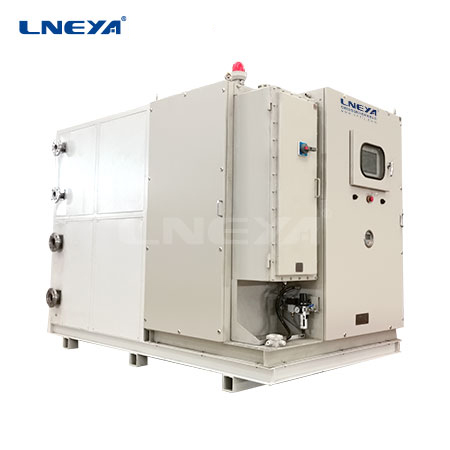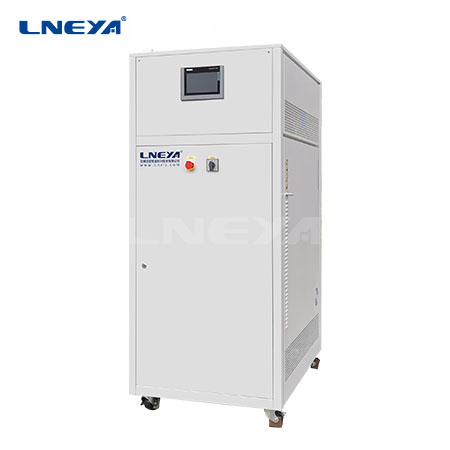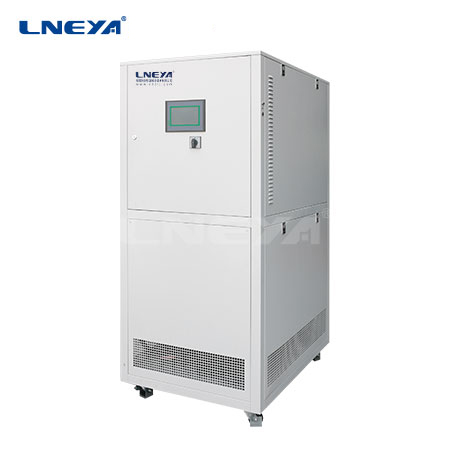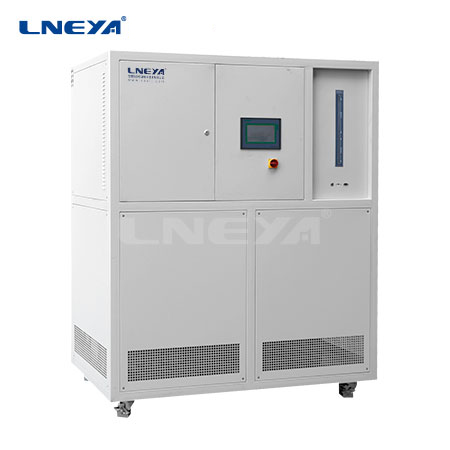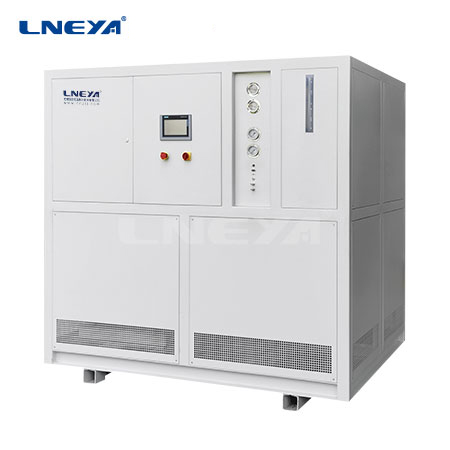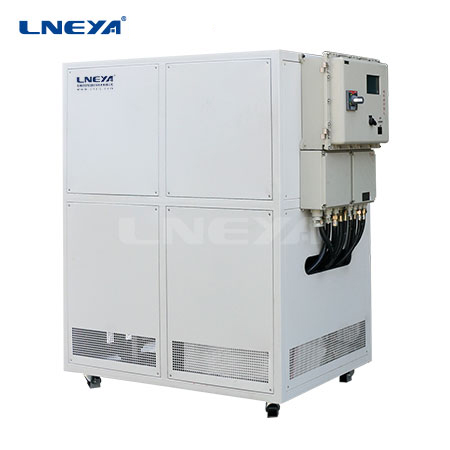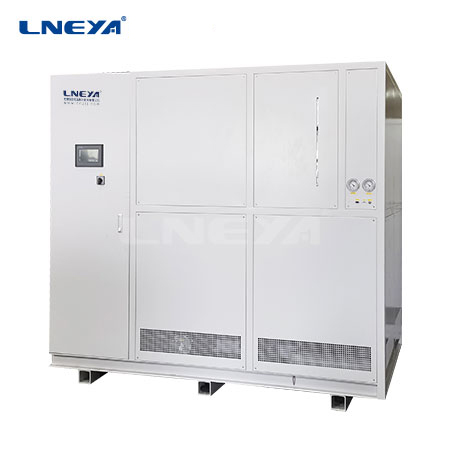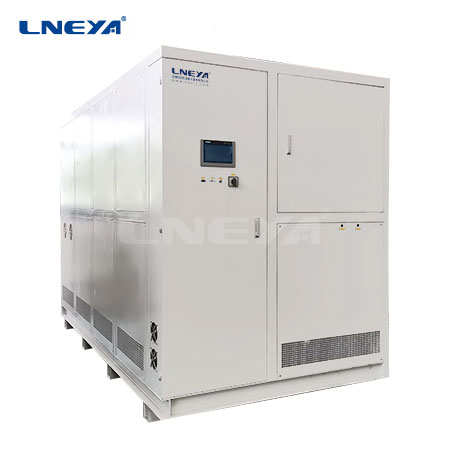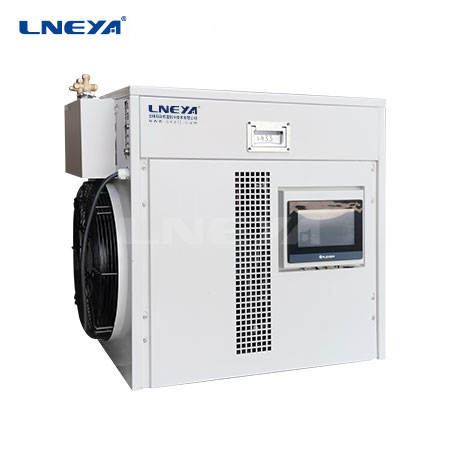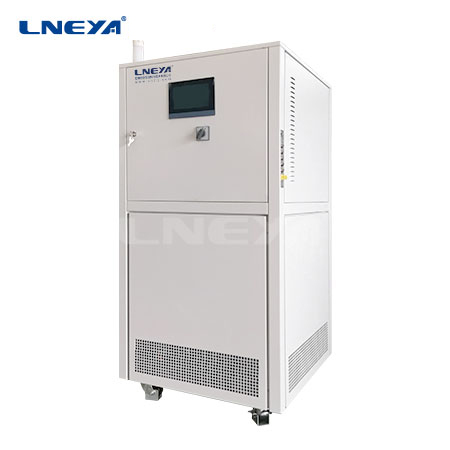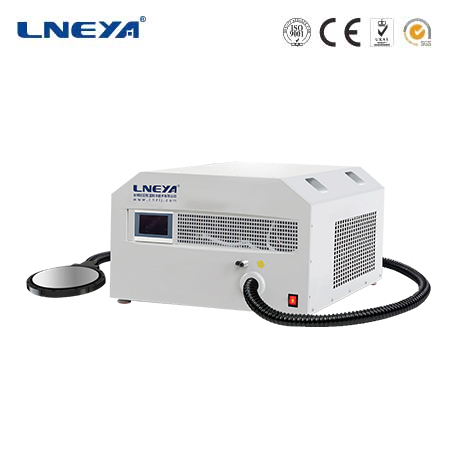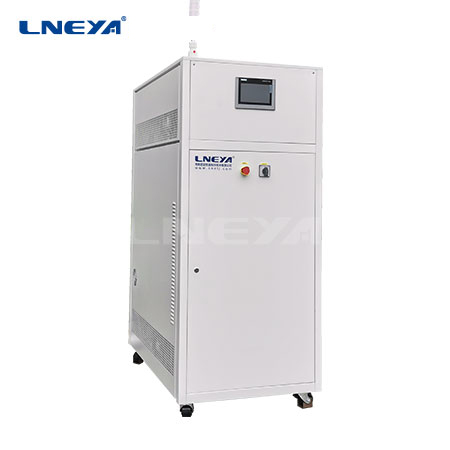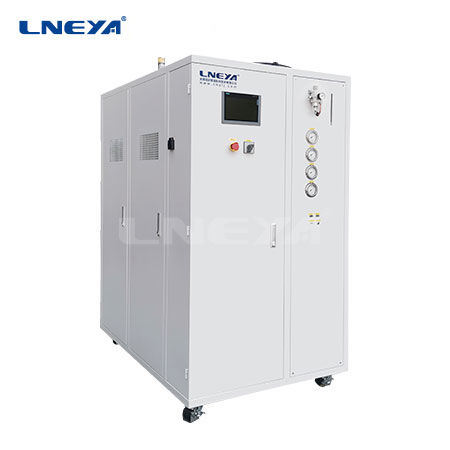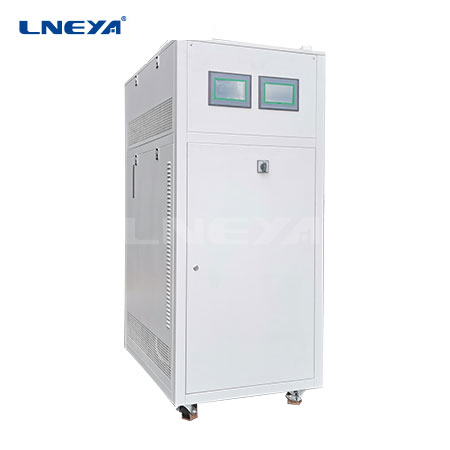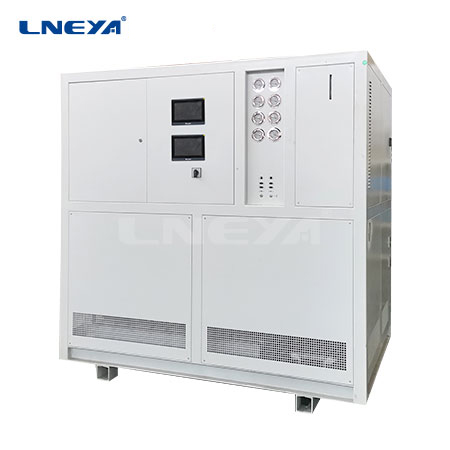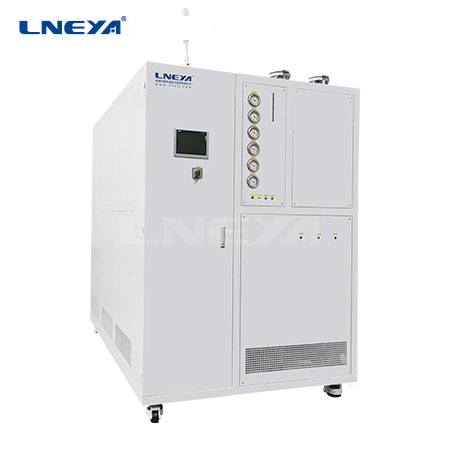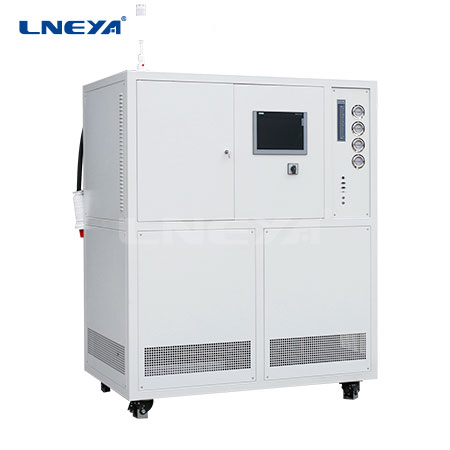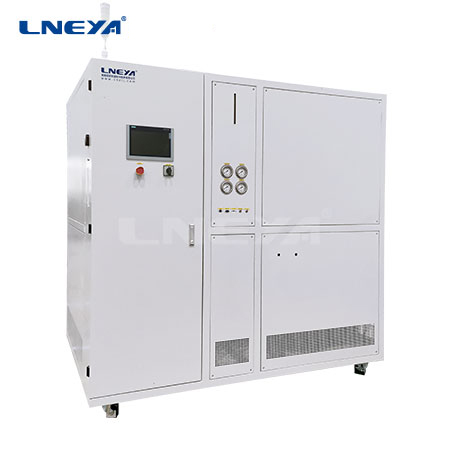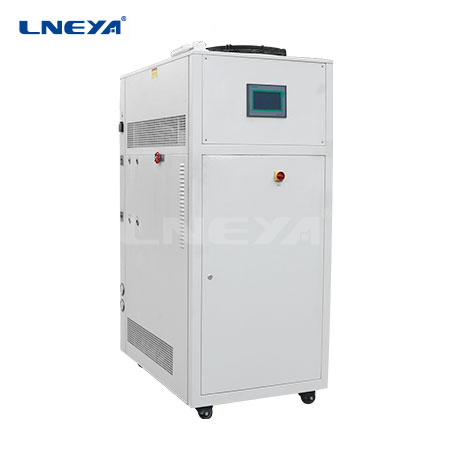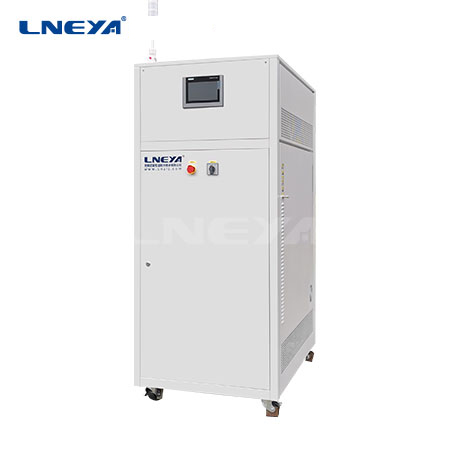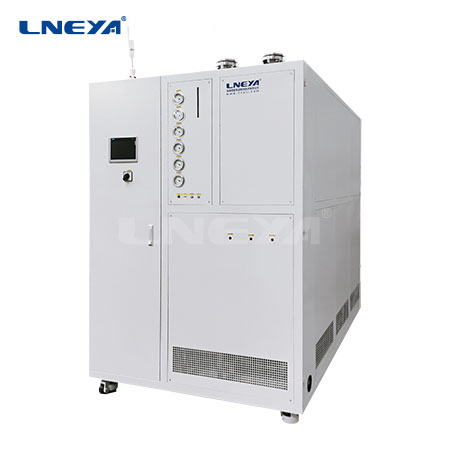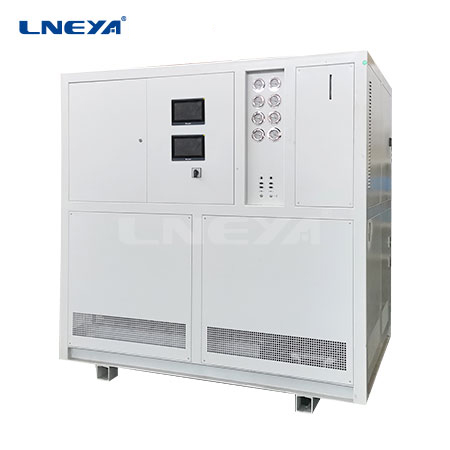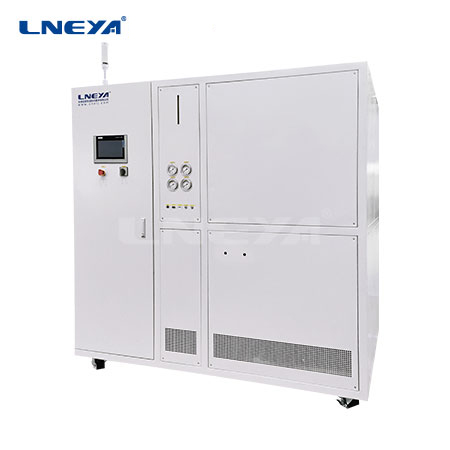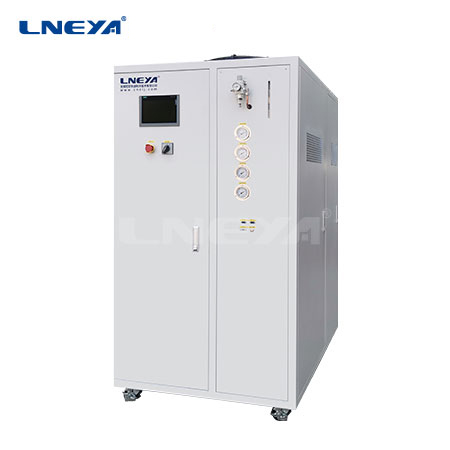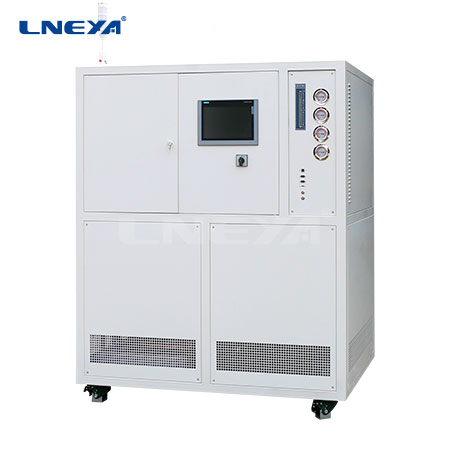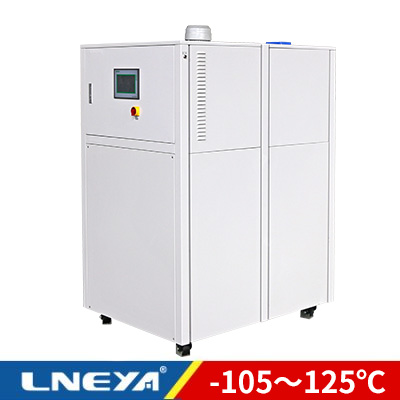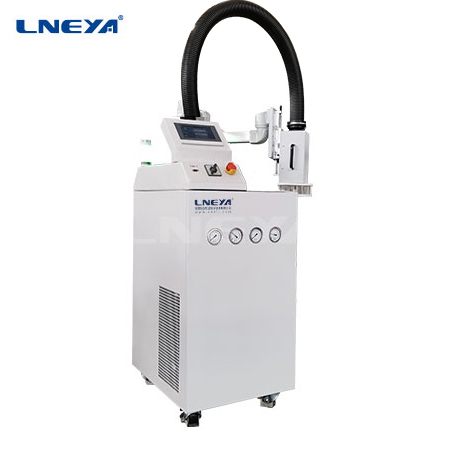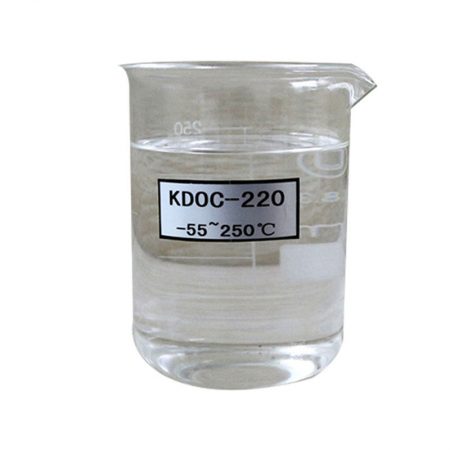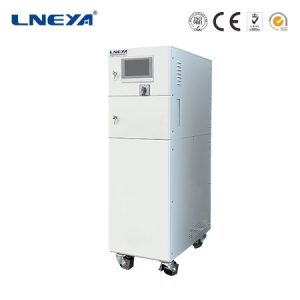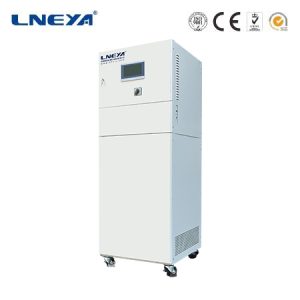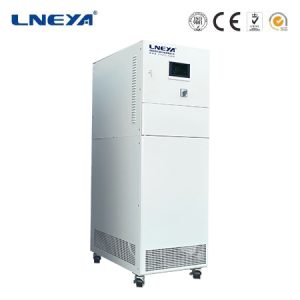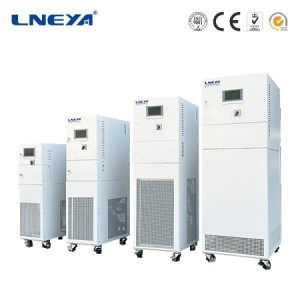Cryogenic Recirculating Chillers: Advanced Cooling for Diverse Applications
Cryogenic recirculating chillers are sophisticated cooling systems that utilize liquefied cryogens such as liquid nitrogen (LN2) or liquid carbon dioxide (LCO2) to achieve temperatures as low as -196°C (-320°F). These chillers are compact, portable, and designed to cater to both ultra-high and variable capacity cooling applications.

Functionality and Design
Cryogenic recirculating chillers operate by circulating a heat transfer fluid, which is cooled by the cryogen. The fluid absorbs heat from the process or device being cooled and returns to the chiller to be recooled. This cycle ensures a continuous and stable supply of cold fluid, providing precise temperature control.
Key Features of Cryogenic Recirculating Chillers
Low Temperatures: Capable of reaching ultra-low temperatures, making them suitable for specialized applications.
Compact and Portable: Designed for easy transportation and setup in various locations.
Automatic Cryogen Supply Adjustment: The chiller’s control system automatically adjusts the supply of LN2 or LCO2 based on the cooling requirements.
High Cooling Capacity: Capable of handling high heat loads, making them ideal for industrial processes.

Applications of Cryogenic Recirculating Chillers
These chillers find use in a multitude of applications across different industries:
Defense and Aerospace: For cooling sensitive equipment and systems.
Chemical Processing: To maintain precise temperatures in chemical reactions.
Semiconductor Manufacturing: In processes requiring stable and ultra-low temperatures.
Pharmaceutical Industry: For temperature control in the production and storage of medications.
Automotive and Medical Fields: Cooling systems in testing and manufacturing processes.
Advantages of Cryogenic Recirculating Chillers
Simplified Cooling Solutions: Offer a straightforward approach to achieving ultra-low temperatures without the need for complex setups.
Cost-Effectiveness: Provide a cost-effective alternative to traditional cooling methods, especially for applications requiring extreme temperatures.
High Ratio of Capacity to System Size: Deliver high cooling power in a compact package.

Maintenance and Troubleshooting
Proper maintenance of cryogenic recirculating chillers is essential for ensuring their performance and reliability. This includes regular inspections of the heat exchangers, checking for leaks, and monitoring the cryogen levels. Troubleshooting guides are available to assist with common issues, such as insufficient cooling or system malfunctions。
결론
Cryogenic recirculating chillers provide a powerful and flexible cooling solution for a wide range of applications. Their ability to achieve ultra-low temperatures with a compact and portable design makes them invaluable in various industries. By understanding their functionality, applications, and the factors involved in their maintenance, users can ensure optimal performance and efficiency in their cooling processes.
This article offers a comprehensive guide to cryogenic recirculating chillers, discussing their functionality, key features, applications, and the benefits they offer. It emphasizes the importance of selecting the right chiller for specific cooling needs and highlights the advancements in cryogenic cooling technology that have made these systems more accessible and efficient。
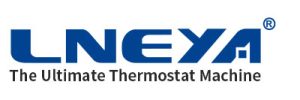 LNEYA
LNEYA
 简体中文
简体中文










